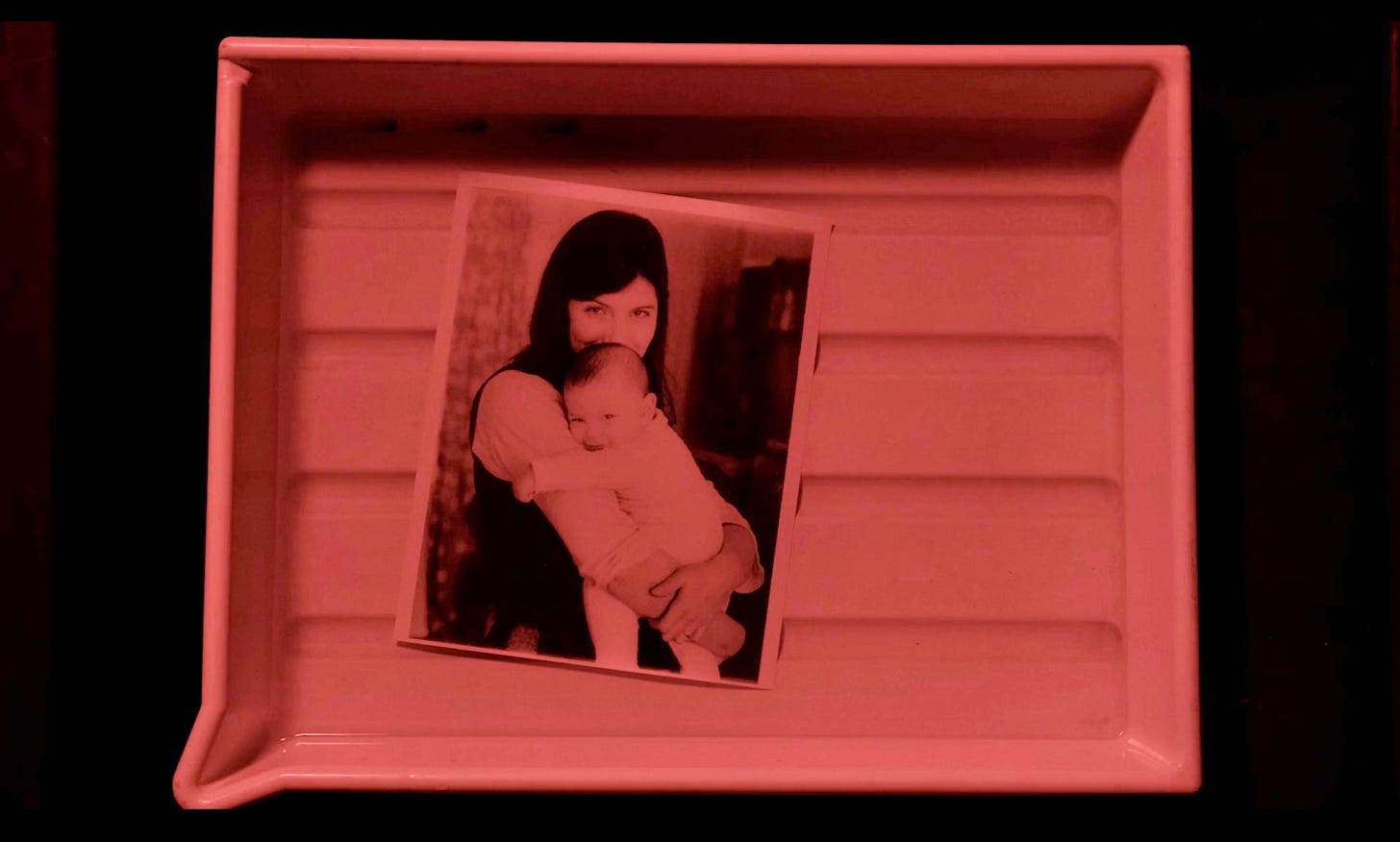'A Photographic Memory' focuses on the elusive past
Filmmaker Rachel Seed pieces together the mother she never knew

Rachel Seed never knew her mother. Sheila Turner Seed died at the age of 42 when Rachel was just 18 months old. There are a few photos of them together, but Rachel is too young to remember, as well as a photo of her toddler self at her mother’s graveside. “It’s a memory I don’t have,” she says in her documentary “A Photographic Memory,” “and do not want.”
But Sheila, a celebrated photographer and journalist in her own right, did leave behind a treasure trove of audio recordings, video footage, and lots and lots of photographs. “A Photographic Memory” is an achingly personal film about Rachel’s attempts to stitch together a new kind of memory from those archival materials, to not just understand a woman she never knew but to somehow feel her mother’s presence within her.
It’s a journey that takes her down many roads. Sheila took a lot of photos, mostly in the 1960s and 1970s, a female photojournalist at a time when that was a rarity. The documentary includes footage of Sheila being interviewed on a local public television show called “Journalism,” and when the show ends, the camera cuts to the audience – all men.
She did audio journalism for the Scholastic company, recording her interviews on vinyl records, and interviewed some of the famous photographers of her day, including Gordon Parks and Henri Cartier-Bresson. Rachel Seed some of her mother’s colleagues and friends, and one former lover, and comes away with the impression of her mother as a sensitive, brilliant person.
But it seems like the more of her mother Rachel encounters through second-hand sources, the more she feels the invisible membrane of time that separates them. A photograph is seen as an objective record. But of course, in looking at it, we imprint it with our own memories and emotions. What was behind that smile? What was she thinking about?
This recognition makes “A Photographic Memory” a more elusive documentary than you might expect, as it plays with the notion of memory and time. Rachel may understand her mother better when sees echoes of her mother in her own life, particularly in the challenge of balancing an artistic life and a personal life. When Rachel and her husband go on their honeymoon in Cuba, both of them spend most of their time taking pictures, looking through their camera lenses rather than each other. She’s her mother’s daughter.
As the film goes on, Rachel begins weaving audio of her mother with her own voiceover narration, until it feels like mother and daughter are talking to each other across the years, leading to a stunning final shot that I somehow should have seen coming but didn’t.
In the end, Rachel walks away with an incomplete and imperfect picture of her mother. But isn’t that how we know the people who are with us right now in our own lives? In a way, “A Photographic Memory” shows how Rachel is closer to her mother because of those gaps and blank spaces, and how she fills them in with her own perceptions, than despite them.
“A Photographic Memory” will screen Monday, June 23 at 7 p.m. at Arts + Literature Laboratory in Madison, with filmmaker Rachel Seed in attendance to host a post-show Q&A. The screening is free and sponsored by FlakPhoto.
